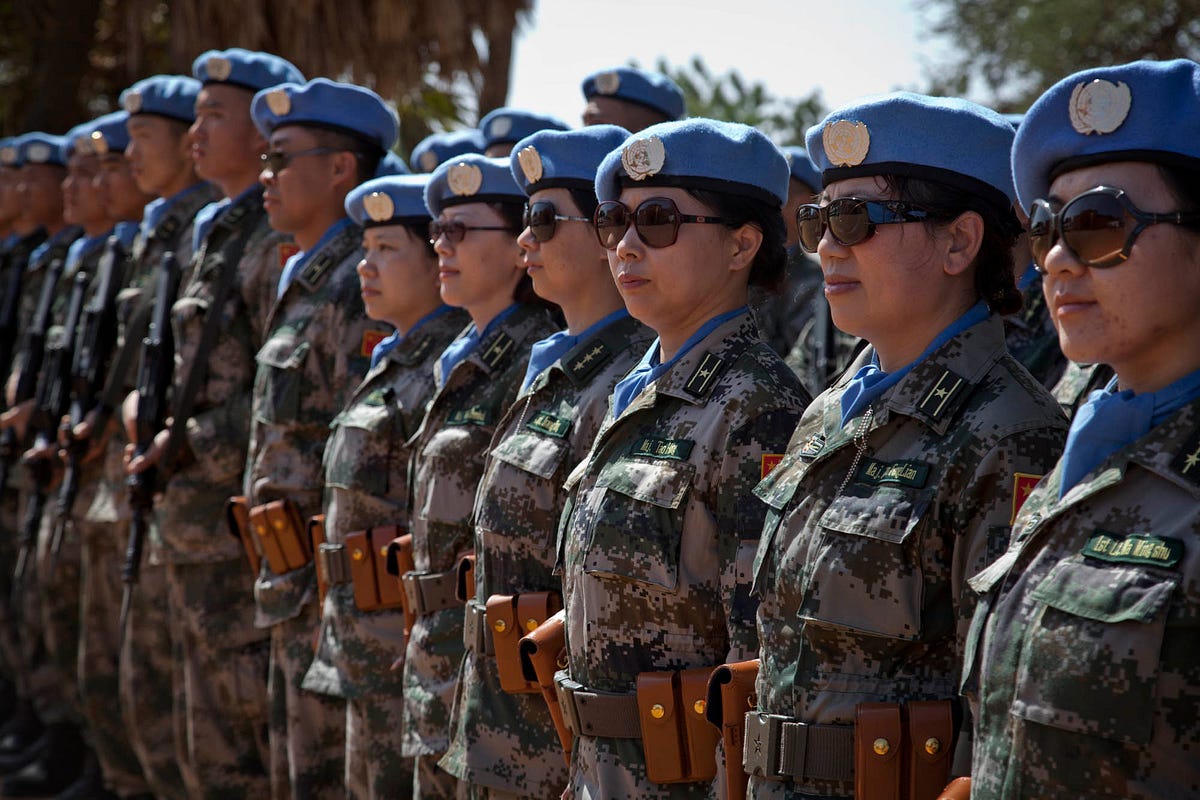http://nationalinterest.org/feature/dont-be-scared-squeeze-pakistan-16518?page=show
The U.S. toolbox is brimming with $20 billion in carrots but desperately lacking in sticks.
Jeff M. Smith
June 8, 2016
Pakistan returned to the headlines last month, after a U.S. air strike eliminated Afghan Taliban commander Mullah Mansour inside Pakistani territory. It marked the first ever U.S. strike on an Afghan Taliban leader inside the group’s Pakistani sanctuary of Baluchistan, which had been off-limits to U.S. drones as part of an informal arrangement with Islamabad. Washington has touted the drone strike as an important victory for the U.S. war effort in Afghanistan. However, it will prove symbolic and short-lived unless it prompts more fundamental reform of America’s Pakistan policy. To effect real change, Washington must increase pressure not just on the Taliban residing in Pakistan, but on Pakistan itself.
After a U.S. military drone eliminated commander Mullah Mansour as he traveled by taxi to the Afghan Taliban headquarters in Quetta, the militant group moved swiftly to appoint a successor. The sons of Mullah Omar and Jalaluddin Haqqani, the late leaders of the Afghan Taliban and the Haqqani Network, were considered and quickly dismissed due to their youth and inexperience. A more obscure religious figure, Mullah Haibatullah Akhundzada, arose as the consensus candidate. Analysts have now turned their attention to what Akhundzada’s appointment means for the nascent Afghan peace process, and whether the strike was a “one-off” or the catalyst for an expansion of America’s drone campaign into Baluchistan.
While these are important tactical questions, they’re of limited value if the underlying strategy remains flawed. A more consequential question is why Pakistan’s harboring of yet another terrorist commander has been met with a collective shrug by the United States and the international community. It’s an uncomfortable reminder that Pakistan’s “double game” has become old news. Accepted wisdom. Permitted behavior. In Washington, anger has been dimmed by exhaustion, with many now hoping to reach a modicum of stability in Afghanistan and put the whole messy affair behind them. History, however, has been unkind to great powers that fail to learn from their mistakes.
To be clear, few in Washington are under any illusions about the extent of Pakistan’s perfidy. Hillary Clinton has warned that Pakistan “poses a mortal threat to the security and safety of our country and the world.” In his memoir, Defense Secretary Robert Gates recalled how “in every instance” the United States shared intelligence with Pakistan about a target, “the target was forewarned and fled” or Pakistan launched a botched operation of its own. “I knew they were really no ally at all,” he explained.
America suffers not from a lack of information, but from a lack of resolve. And a lack of perspective. They say the greatest trick the devil ever pulled was convincing the world he didn’t exist. The greatest trick Pakistan ever pulled was convincing America it only had two choices: tolerate and bankroll Pakistan’s double game, or stir an unstable cocktail of Islamist extremism and weapons of mass destruction.
The U.S. toolbox is brimming with $20 billion in carrots but desperately lacking in sticks.
Jeff M. Smith
June 8, 2016
Pakistan returned to the headlines last month, after a U.S. air strike eliminated Afghan Taliban commander Mullah Mansour inside Pakistani territory. It marked the first ever U.S. strike on an Afghan Taliban leader inside the group’s Pakistani sanctuary of Baluchistan, which had been off-limits to U.S. drones as part of an informal arrangement with Islamabad. Washington has touted the drone strike as an important victory for the U.S. war effort in Afghanistan. However, it will prove symbolic and short-lived unless it prompts more fundamental reform of America’s Pakistan policy. To effect real change, Washington must increase pressure not just on the Taliban residing in Pakistan, but on Pakistan itself.
After a U.S. military drone eliminated commander Mullah Mansour as he traveled by taxi to the Afghan Taliban headquarters in Quetta, the militant group moved swiftly to appoint a successor. The sons of Mullah Omar and Jalaluddin Haqqani, the late leaders of the Afghan Taliban and the Haqqani Network, were considered and quickly dismissed due to their youth and inexperience. A more obscure religious figure, Mullah Haibatullah Akhundzada, arose as the consensus candidate. Analysts have now turned their attention to what Akhundzada’s appointment means for the nascent Afghan peace process, and whether the strike was a “one-off” or the catalyst for an expansion of America’s drone campaign into Baluchistan.
While these are important tactical questions, they’re of limited value if the underlying strategy remains flawed. A more consequential question is why Pakistan’s harboring of yet another terrorist commander has been met with a collective shrug by the United States and the international community. It’s an uncomfortable reminder that Pakistan’s “double game” has become old news. Accepted wisdom. Permitted behavior. In Washington, anger has been dimmed by exhaustion, with many now hoping to reach a modicum of stability in Afghanistan and put the whole messy affair behind them. History, however, has been unkind to great powers that fail to learn from their mistakes.
To be clear, few in Washington are under any illusions about the extent of Pakistan’s perfidy. Hillary Clinton has warned that Pakistan “poses a mortal threat to the security and safety of our country and the world.” In his memoir, Defense Secretary Robert Gates recalled how “in every instance” the United States shared intelligence with Pakistan about a target, “the target was forewarned and fled” or Pakistan launched a botched operation of its own. “I knew they were really no ally at all,” he explained.
America suffers not from a lack of information, but from a lack of resolve. And a lack of perspective. They say the greatest trick the devil ever pulled was convincing the world he didn’t exist. The greatest trick Pakistan ever pulled was convincing America it only had two choices: tolerate and bankroll Pakistan’s double game, or stir an unstable cocktail of Islamist extremism and weapons of mass destruction.





